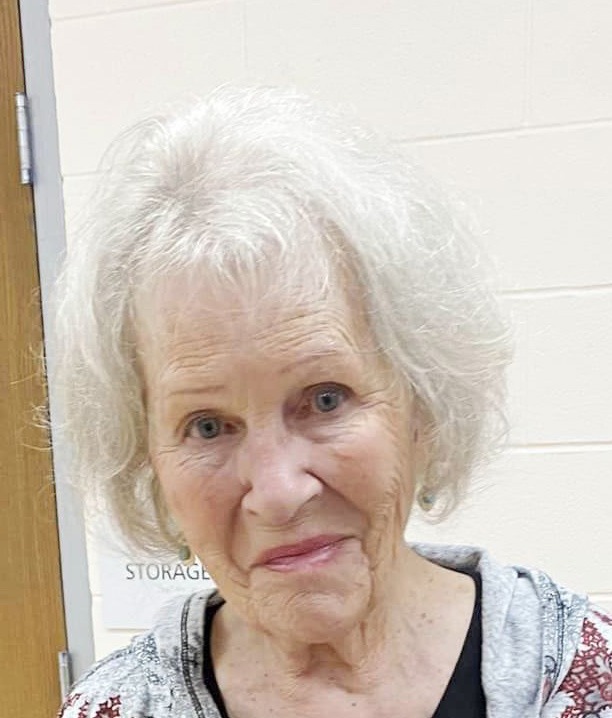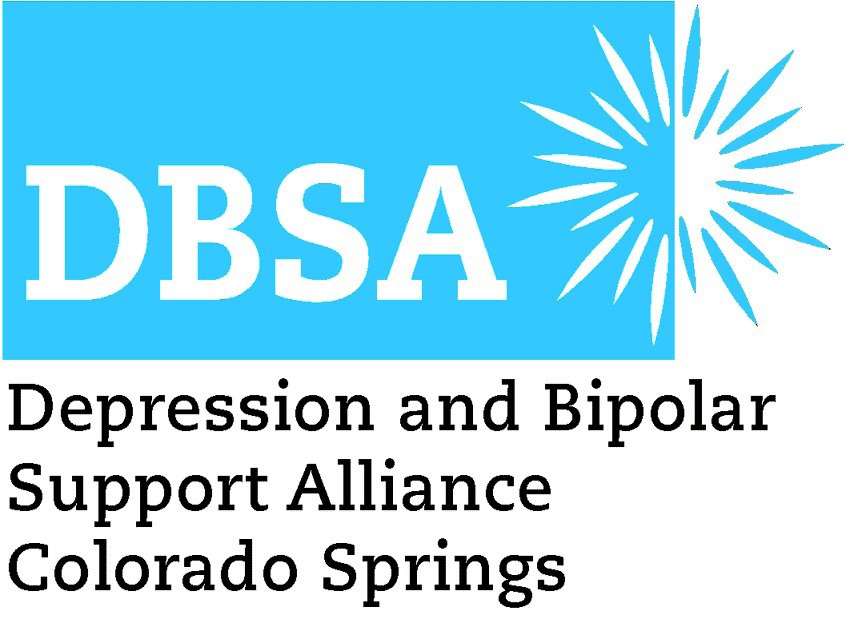In 1993, Karen Fallahi lost her son Erik, who suffered from bipolar disorder, when he died at age 25.
“We start out in life fairly innocent,” said Fallahi, “and then we discover later on that the road has many twists and turns, and sometimes there’s a fork in the road and you are able to make a decision without really realizing you’ve been led there.”
The following year, Fallahi founded the Colorado Springs chapter of the Depression and Bipolar Support Alliance (DBSA). At the time, there were few peer-support groups for those suffering from mood disorders. Thirty years later, the mental health nonprofit continues its mission to enrich the lives of people living with mood disorders through peer programs, impactful education, and collaborative partnerships.

According to the National Alliance of Mental Illness (NAMI), mood disorders are mental health conditions that primarily affects one’s emotional state and influenced by genetic, environmental and lifestyle factors. They are generally categorized into either depressive or bipolar conditions. According to the World Health Organization, depressive conditions include prolonged periods of depressed mood or loss of pleasure that, along with other symptoms, interferes with daily activities. Bipolar conditions involve manic episodes, which can include a highly inflated sense of self-worth, talking quickly and rapidly shifting from one idea to the next, easy distractibility, decreased need for sleep, reckless or risk-taking behavior, and fixed and mistaken grandiose or persecutory beliefs in something untrue. Left unaddressed, mood disorders can lead to poor outcomes including suicide. Treatments include medications as well as cognitive and behavioral therapies.
Sometimes, those with mental health conditions are reluctant to pursue help due to fear of being seen as weak or having other character flaws. For others, cultural expectations and language barriers can play a role. In some religious circles, mental health issues have been equated with having lack of faith or demonic possession.
DBSA offers 11 peer-led, weekly support groups which allow attendees to share experiences and coping strategies with other people with mood disorders. Group leaders are volunteers who receive training in acute crisis management to direct members toward appropriate sources of professional assistance when needed. DBSA neither administers professional mental health nor medical services but does provide members with information on local community resources and health care professionals.
Weekly groups include those for adults, veterans, LGBTQIA+, older adults, teens, and young adults, women, young adults, members of rural communities, and friends of family of those with mood disorders. Most groups are held in-person in various local churches and community centers, though DBSA is not affiliated with any of them.
According to Marissa Valdez, president of the Colorado Springs DBSA chapter, many people with mood disorders live with an addiction, which can include drugs, shopping, food or alcohol. To that end, DBSA also has a “dual diagnosis” support group geared towards those with concurrent addictions.
The support groups aim to provide a safe environment for people to share their experiences living with mood disorders with their peers. All meetings are confidential and free of charge. Attendees can simply show up, and there is not a requirement to speak if the attendee is not comfortable sharing. DBSA does not require a formal diagnosis to join meetings. While group sizes vary, most groups are currently no larger than seven or eight people per session.
When DBSA first started out, Fallahi noticed that over 90% of group members were women but in recent years, they have been almost half men, an encouraging statistic because the historical stigma associated with men seeking help for mental health issues. She encourages those interested in a group to start by reading the information on their website. Staff can also be reached by phone or email. If individuals are ready to attend, Fallahi recommends going to at least two or three meetings to get an adequate sense of what they are like.
In addition to running groups, members also serve on the board, organize other informal gatherings, and participate in community events, such as the Women’s Wellness Walk at Panorama Park this past October.
Larry Ritterbrand is a former DBSA president who has led and attended the friends and family support group. He started doing so to help better understand and care for his own family members with mental health illnesses. He explained that DBSA works to connect members to resources and work alongside, not in competition with, other parts of the mental health community.
Every year DBSA hosts a table at the Advanced International Winter Symposium on Addictive Disorders, Behavioral Health, and Mental Health. DBSA typically sends 30-40 volunteers to promote visibility with community mental health practitioners and organizations. According to Ritterbrand, last year there were around 1,500 mental health professionals in attendance. This year’s event will be January 26-29 in Colorado Springs.
In addition, DBSA runs a hospital visitation program with the three local mental health facilities including Diversus Health, Peak View Behavioral Health and Cedar Springs. Patients can connect with peers and learn about community support before leaving inpatient settings. DBSA also partners with local groups such as NAMI Colorado Springs, Homeward Pikes Peak, and Pikes Peak Suicide Prevention Partnership, and offers presentations about their services free of charge to the community. DBSA also periodically hosts free educational lectures by health care professionals open to the public.
According to Fallahi, this collaboration has been fruitful.
“A good many of the therapists and psychiatrists here in town do refer their patients to DBSA because of the success rate that we’ve had with folks who incorporate not only the aspect of having a psychiatrist, a therapist, medication, but [also] a support group. Those … help people stay out of the hospital longer periods of time, help them learn to maintain their recovery and then be able to give back to an organization that has helped them. That’s how we’ve grown,” she said.
DBSA is currently looking for a building to host additional activities and gatherings. While they hope to have one in the future, for Valdez, the organization’s worth is embodied in the individual stories.
“I personally have seen people [who are] isolating. They’re not working. They’re in a bad spot, and after coming to DBSA for so long, they start to get involved. They do volunteer as a facilitator. They do volunteer to do our hospital outreach. They do volunteer to be on our board, and I’ve seen people just grow. Their confidence has grown. Some of these people feel like they’re able to go back to work, go back to school, have relationships, be out in the community. That, to me, are the non-statistical success stories,” she said.
For more information, visit DBSAColoradoSprings.org.


